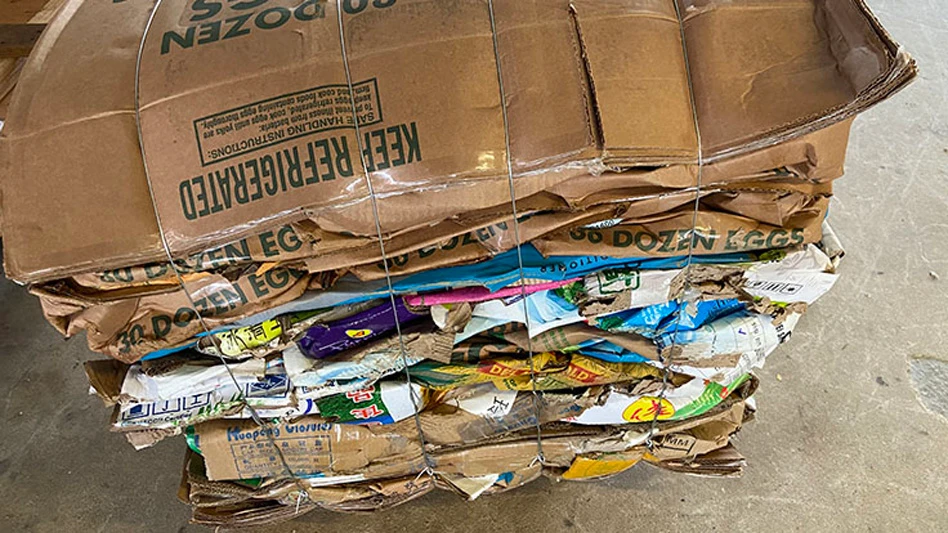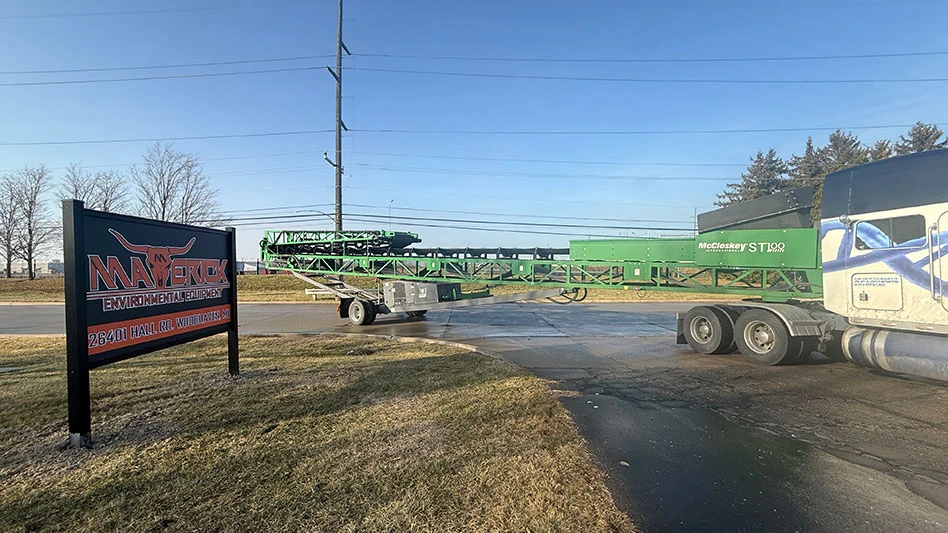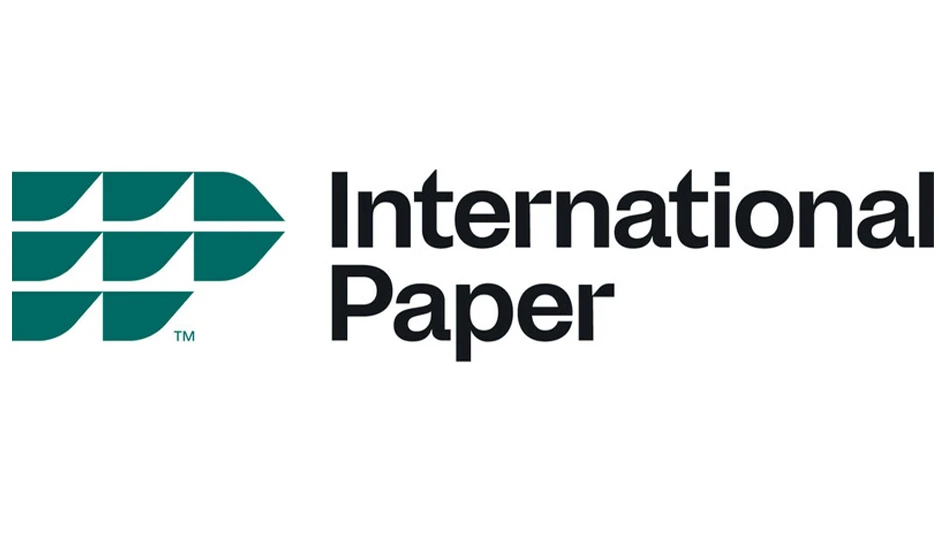
Recycling Today archives
Stealing copper wire and other metals to be sold for scrap recycling remains a global issue that some railroads in Europe are now quantifying and reporting.
In the United States, the Washington-based Institute of Scrap Recycling (ISRI) has long had a theft alert service forged in cooperation with law enforcement agencies in that nation that includes a website and email broadcast system. The system was established around 2006.
A recent report by the Euronews organization indicates railroad operators in Paris continue to suffer from metals theft, with copper being the predominant target.
The report says in the 2022-20223 financial year, the cost of maintenance and service delays caused by the theft of stolen copper-laden signal cables, grounding wires and power lines cost U.K.-based train operators $18 million.
Deutsche Bahn in Germany estimates copper theft costs it about $7.5 million each year and says it logs about 450 metal theft cases annually.
In France, the problem is worse yet, with rail operator SNCF telling Euronews in 2022 metal theft may have caused $21.5 million in losses and interruptions. Neighboring Belgian railways report a 300 percent increase in theft cases in 2022 compared with 2021.
Regarding prevention or crime-solving techniques on the continent, Euronews says some railroads are using a synthetic DNA marker on the cable that makes it possible to identify. The marker can help the police directly link a thief to a particular theft.
Another option is to use grease on targeted equipment with a DNA marker that can transfer to a person if they touch it. Euronews reports the grease lasts for weeks on their skin, cannot be washed off and can be seen under ultraviolet (UV) light.
Latest from Recycling Today
- Cyclic Materials announces plans for South Carolina campus
- WM reports revenue, earnings growth in Q4 and full-year 2025
- Solarcycle’s Cedartown, Georgia, recycling facility opens
- Stadler equips Spanish MRF
- SSAB finishes 2025 with decreased revenue
- Vecoplan appoints CFO
- Aurubis raises full-year forecast
- Levitated Metals adds LIBS sorting technology





